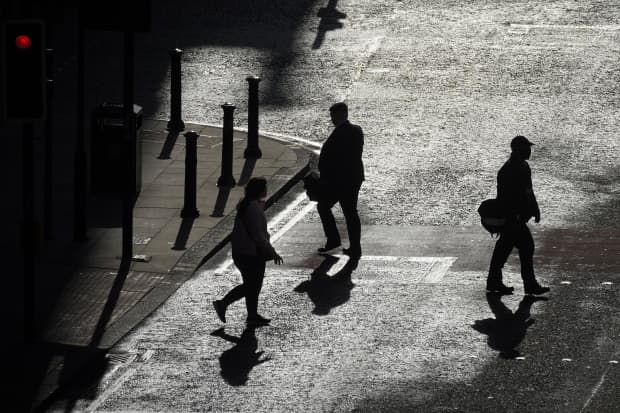This post was originally published on this site

People walking along Oxford Street in Manchester, England.
Getty Images
European governments are facing increasing opposition from local elected officials to the targeted lockdowns they try to enforce if they want to avoid the type of stringent, nationwide measures they took during the first phase of the coronavirus pandemic.
- In the U.K., talks between the Boris Johnson government and Greater Manchester Mayor Andy Burnham on financial compensation for an upcoming near-total lockdown of the urban center broke down on Tuesday, amid mutual recriminations.
- The Manchester area will be forcefully placed at the end of the week in the most severe (“very high alert”) of the three categories conceived by the government to allow tailored regional lockdowns. Other city governments in high-risk regions, like in Liverpool, had previously struck deals with the government.
- In Spain, the country most hit by the virus’ resurgence in Europe, the socialist government was forced to declare a state of emergency in the capital Madrid and surrounding towns, to force a limited lockdown fiercely contested by regional authorities from the opposition conservative party.
- In France, the government will meet to consider how to organize the high-stake regional and local elections due to take place nationwide in March next year, as mayors of some of the country’s largest cities are in open opposition to President Emmanuel Macron’s pandemic management.
The outlook: A lot of the opposition from local politicians to the stringent measures stems from the lack of tailored financial and economic support policies that would parallel the tailored lockdowns. Governments have to tread a fine line to avoid the rise of regional resentment, and maintain a minimum of national cohesion.
The towns and regions placed under the strictest lockdowns resent being singled out, compared to other communities subjected to lighter measures. But then those communities may soon resist the national financial solidarity extended to populations often seen as having played loose with the public health rules during the summer months.


